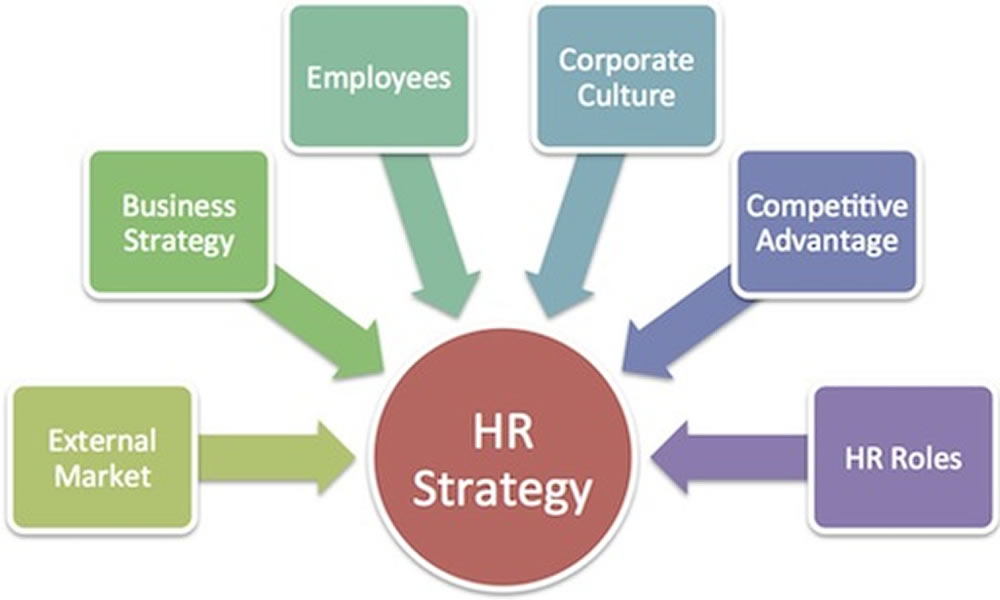One of the crucial assets of any organization is the human workforce. Owing to the rapid advancement of technology, many labour-intensive activities are being replaced by automation. Still, HR continues to play a vital role in the progress of the organization. The field of HR has undergone revolutionary changes in recent times. It is constantly evolving. Despite this fact, core practices have served as guidelines for professionals over time. It is necessary to have a planned HR strategy because they play a crucial role in the management of the workforce. One of the crucial assets of any organization is the human workforce. Owing to the rapid advancement of technology, many labour-intensive activities are being replaced by automation. Still, HR continues to play a vital role in the progress of the organization. The field of HR has undergone revolutionary changes in recent times. It is constantly evolving. Despite this fact, core practices have served as guidelines for professionals over time. It is necessary to have a planned HR strategy because they play a crucial role in the management of the workforce.
Develop an understanding
Life can be unpredictable. Work is crucial for most people and incorporates stability in life. Well formulated Human Resource Management Strategies involve assessing the current and future requirements for achieving the organizational goals.
1. Employment security
It is of utmost importance to have an employer who can assist the employees in taking care of themselves and their family members. This is the number one factor that motivates people to work. When the security at the workplace is under threat, restructuring or layoffs take place. Layoffs may become costly for the organization too. The organization has invested substantially in the training and development of the workforce. Thus the organization has to play a proactive role in the retention of the task force. Otherwise, they will leave. Gain cost efficiency by outsourcing Human Resource Management Strategies to an essential partner.
2. Recruitment support
The second practice that should be taken into account is selective hiring. A company should recruit employees who add to the organizational value. Do not go about hiring any person for the role. Ensure that it is the right fit for the job you have. The emphasis is on building a well-structured selection process. The objective is to develop a strategy that projects the legal needs, organizational goals, and a diverse task force. In modern times, companies are relying on different recruitment tools for winding up with the proper selection. An increasing number of companies depend upon recruitment metrics to keep track of the measures undertaken.
3. Effective teams
Teamwork plays a vital role in achieving the goals of the organization. For attaining the goals successfully, you need the support of an efficient team. The members may have different opinions, but they collectively work to achieve common goals. In the process, various ideas are generated. The ideas so generated are processed and blended. This leads to the selection of the best idea. One of the significant responsibilities of HR is the creation of a high-performance team.
4. Compensation package
If you have the right people for the tasks, you have to shelve more than the average pay. Keep in mind that these assets will contribute to the organizational value. Therefore, it is essential to retain talented personnel and make fair payments.
Taking a sensible approach
A sensible approach is outsourcing the HR administration to a professional consulting firm. For this purpose, you should conduct comprehensive research on the online platform. Run your eyes through the reviews before zeroing in on a selection.

